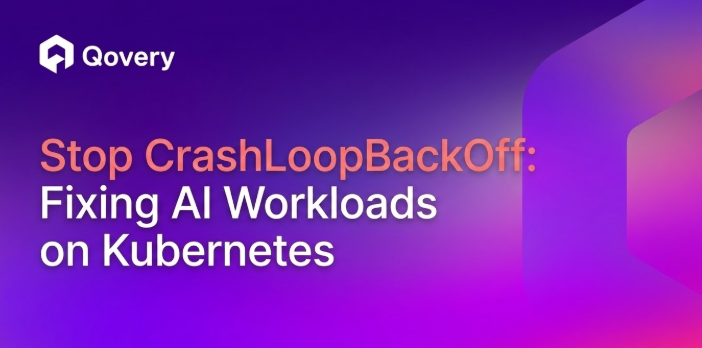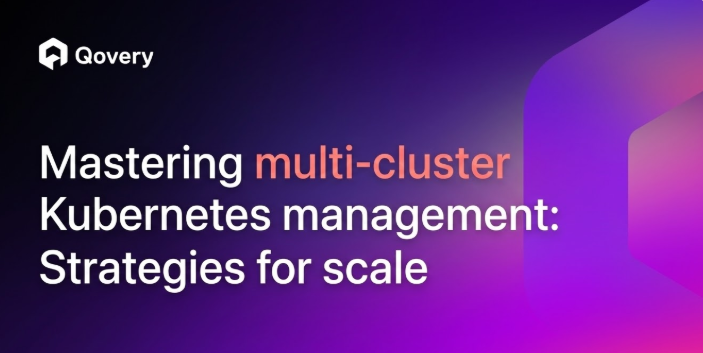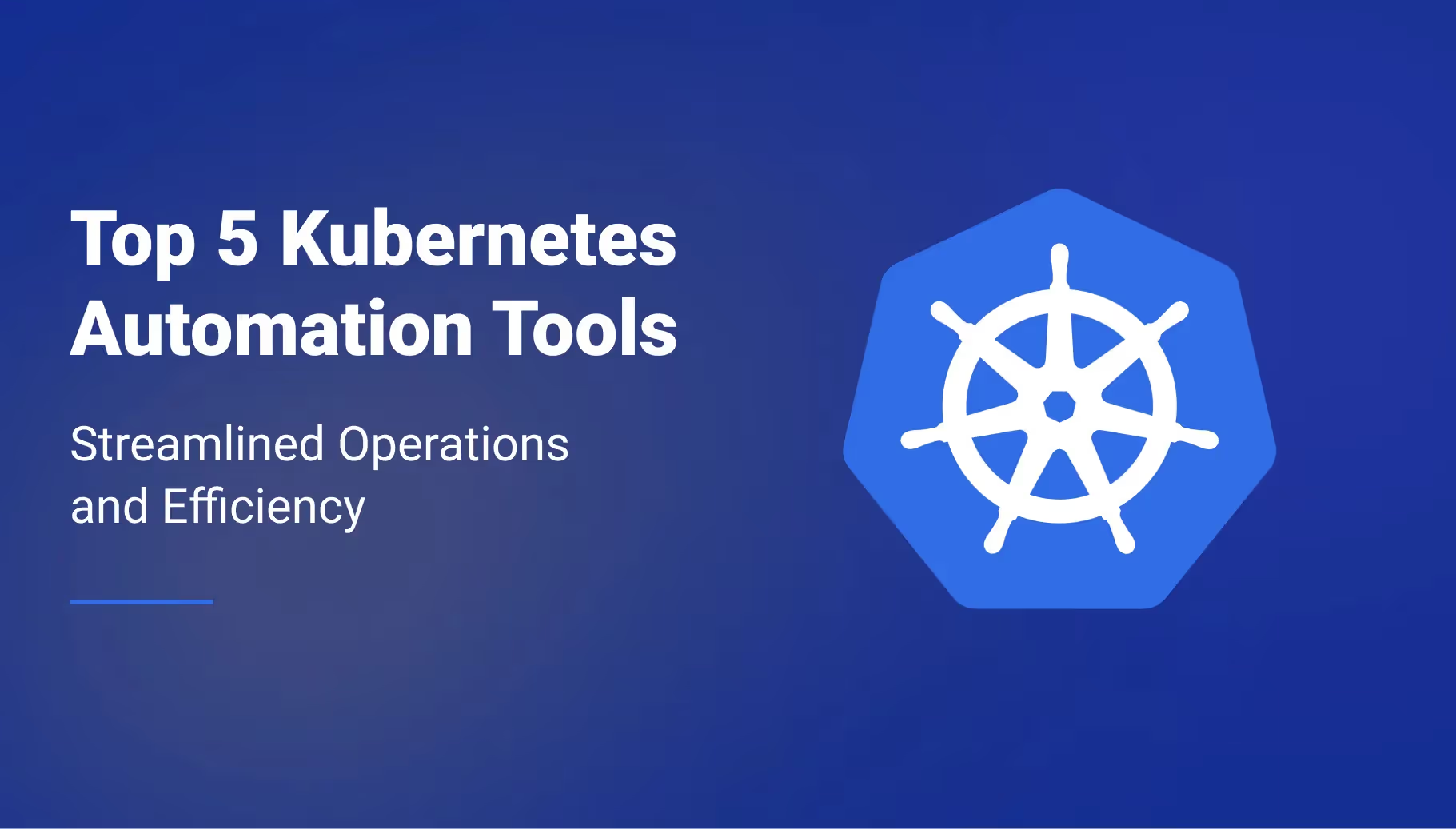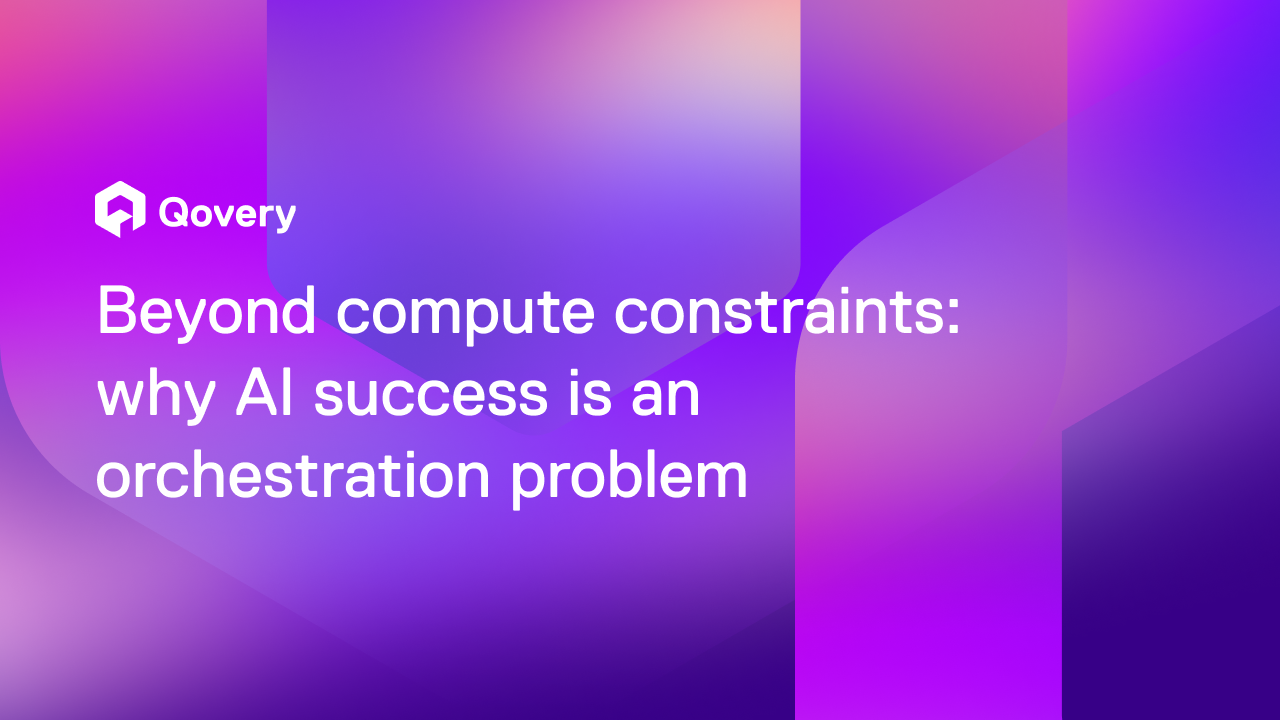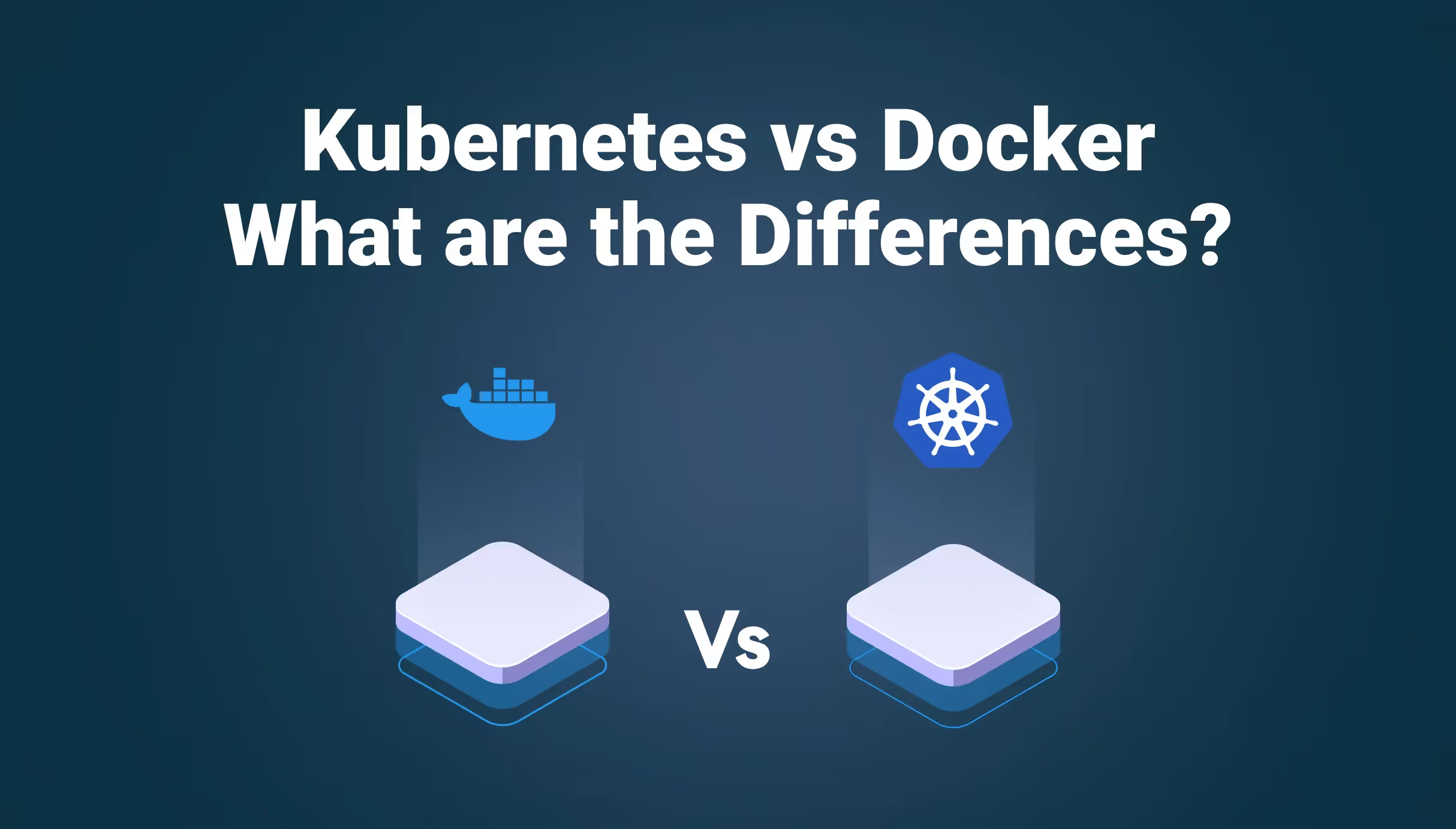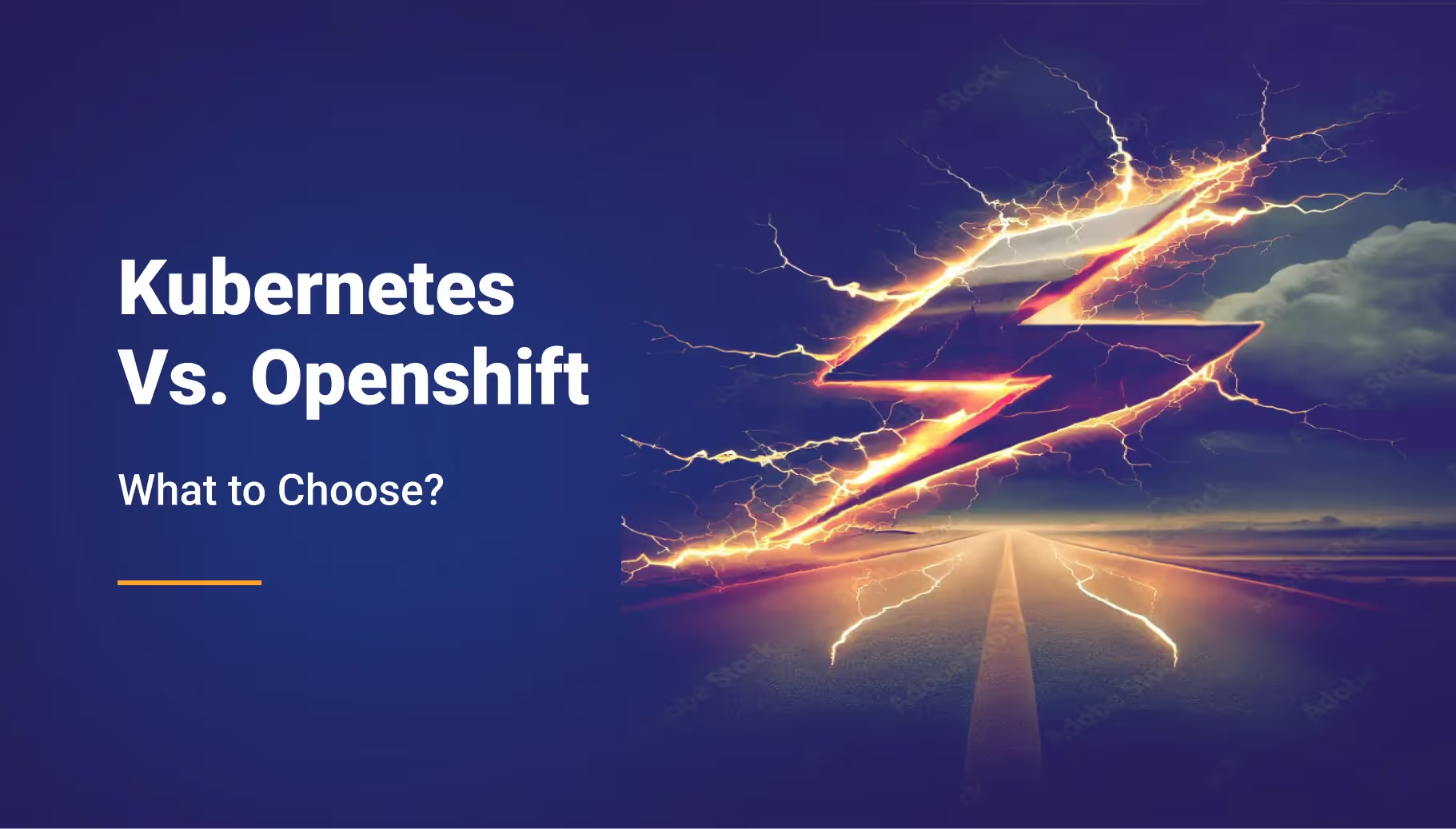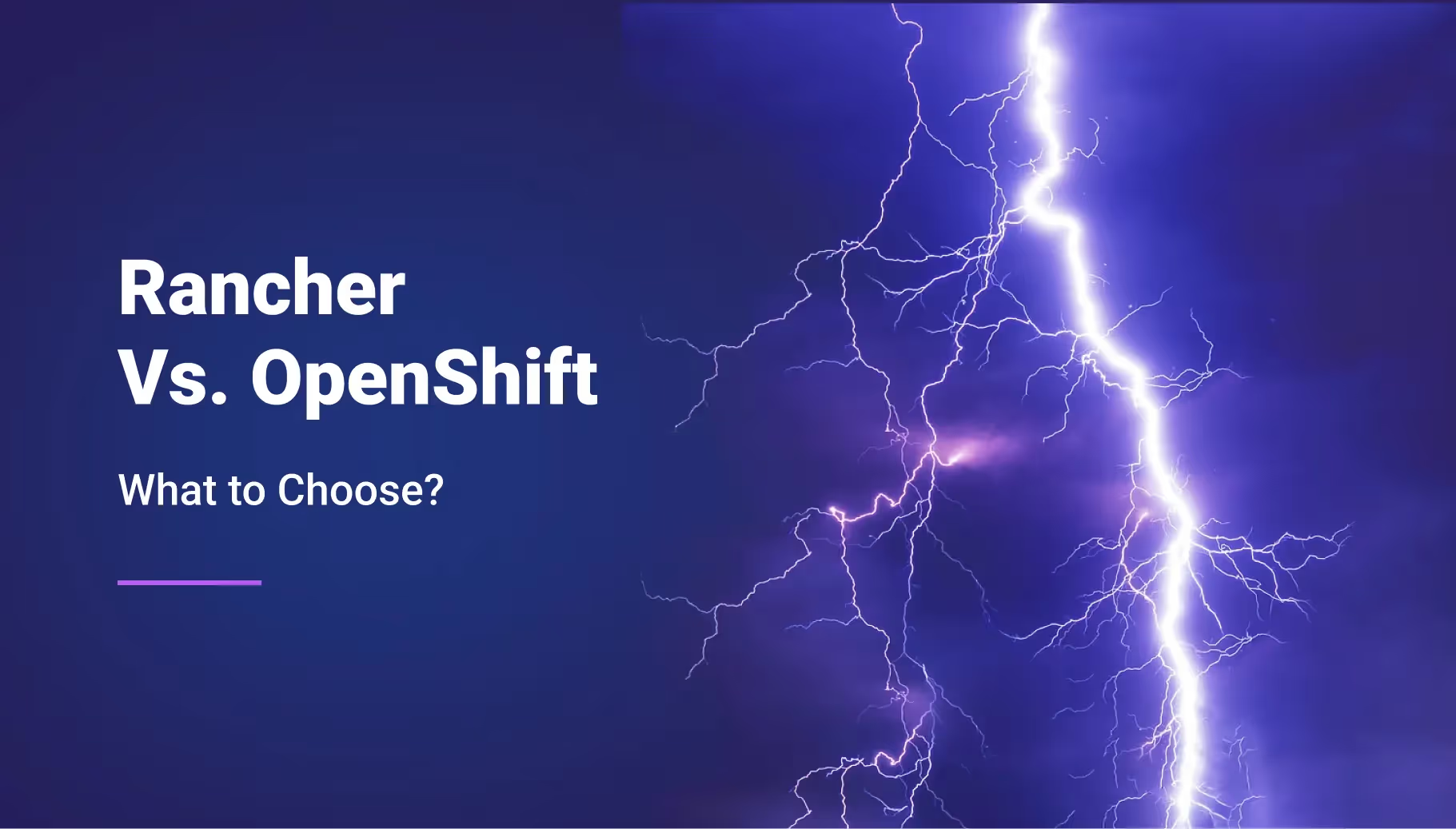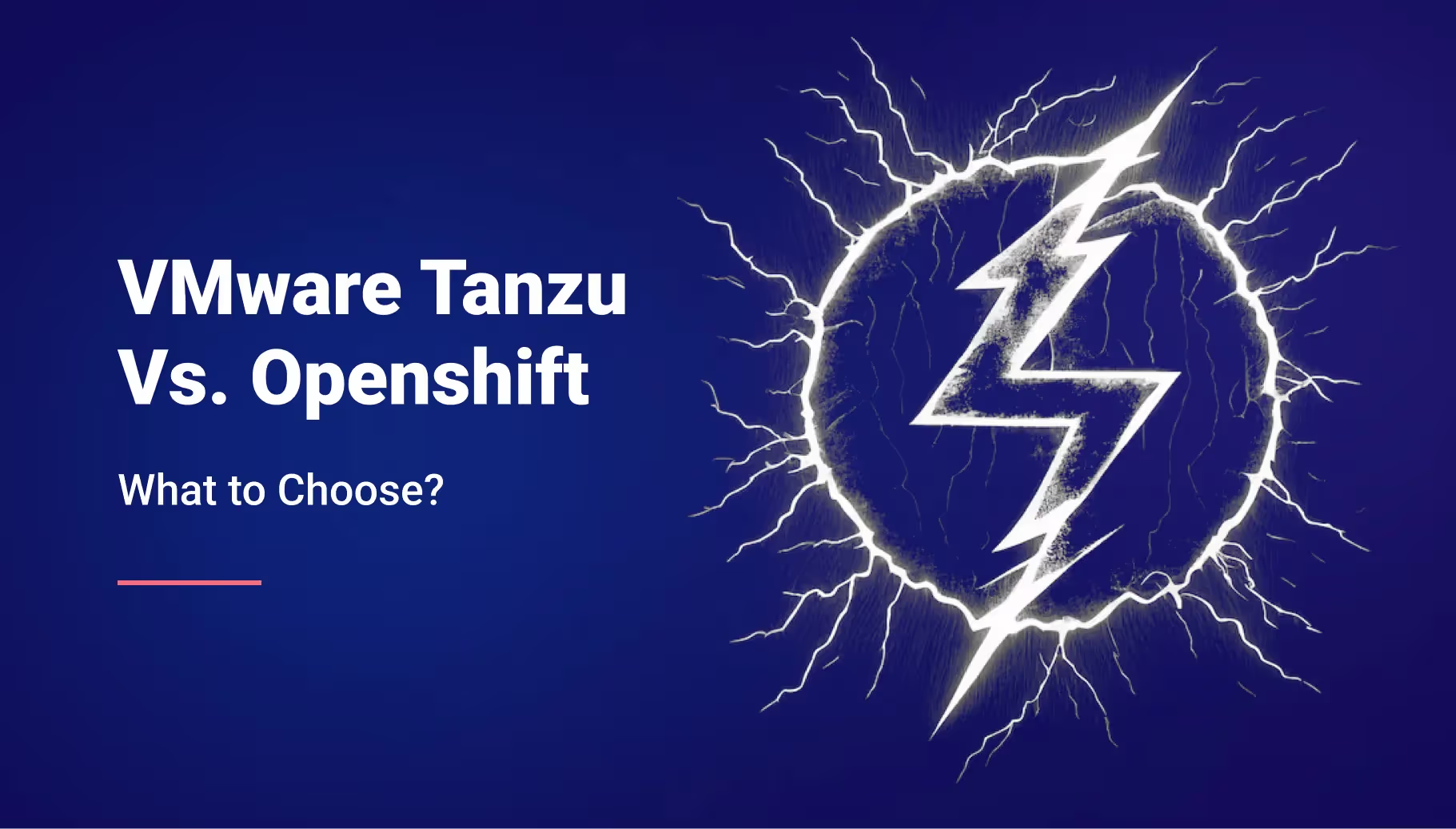
Successful Business: Lessons from a Tech-Savvy CEO



Qovery serves over 60,000 users, including mid-sized to enterprise companies like Alan, GetSafe, and Talkspace (NYSE: TALK). Our team is highly experienced, and our product is business-critical for 95% of our customers.
Building on Personal Experience
Many tech founders build their companies around problems they've faced professionally. Qovery is no exception. My personal experiences with infrastructure management led to the creation of a Kubernetes management tool that empowers developers by providing paved paths to production. However, this journey has been filled with lessons that I wish I had known at the start. Here are some pitfalls to avoid and strategies to consider.
Key Lessons for Tech Founders
There is no specific order; I dropped those points as soon as they came to my mind
I) Product Positioning is Continuous
Product positioning defines your growth trajectory. It’s crucial to have a clear vision and to communicate it effectively. Engage with users, customers, and prospects to understand their needs and the market landscape. At Qovery, my vision to empower developers has remained constant. Still, our go-to-market strategy has evolved to meet business-critical needs, aligning with market demands and driving revenue growth.
II) Focus on Revenue Early
Focus on revenue generation from the start, as other activities can often be distractions. A steady revenue stream is vital for your business's sustainability and growth. A single paying customer is more valuable than 100 free users. Paying customers have expectations and provide honest feedback. If they don’t find value in your product, they won’t pay, signaling a need for change. This feedback loop is crucial for continuous improvement and ensuring your product meets market demands.
III) Invest Early in Sales and Marketing
Even if your product addresses a technical problem and gains significant adoption, the end-user is often not the decision-maker. Understanding the distinction between user needs and why companies purchase your product is key. Early investment in sales and marketing helps bridge this gap, fostering growth and sustainability.
IV) Customer Obsession is Key
Focus on making your customers successful and leverage their success. Being truly customer-obsessed means prioritizing their needs and continuously improving your product to enhance their experience. Satisfied customers are more likely to remain loyal, increasing their lifetime value and boosting revenue. Building a trustworthy relationship with them can also provide valuable marketing content, attract similar companies, and expand your customer base.
V) Stay Lean
Maintain a small, efficient team and focus on growing revenue rather than headcount. A lean approach helps maintain agility and respond quickly to market changes.
VI) Stay Close to Your Users
Continuously improve your product based on user feedback. Your users are your best marketers and can significantly boost your product’s visibility and adoption.
VII) Define Your North Star Metric
Identify and use a key metric that aligns with your business goals to guide your team’s efforts. At Qovery, our north star metric is revenue, driven by a usage-based pricing structure that aligns with the value our customers derive from our product.
VIII) Leverage Your Developers in Marketing
For tech companies, developers can be your best marketers. At Qovery, our developers create the most effective marketing content. While marketing is in our DNA, we don’t have a dedicated marketing manager. Instead, every team member contributes to content marketing, sharing valuable stories and insights with our audience.
Conclusion
There’s much more to share, but these key points provide a solid foundation for building a successful tech product. Remember, sustainable businesses must generate revenue to thrive. I want to thank our investors, especially Morgane (Qovery Board Member) and Krishna from Crane, for their invaluable support and guidance.
Stay focused on your vision, engage with your users, and prioritize revenue. These principles will help you build a successful tech company.

Suggested articles
.webp)



.svg)
.svg)
.svg)
